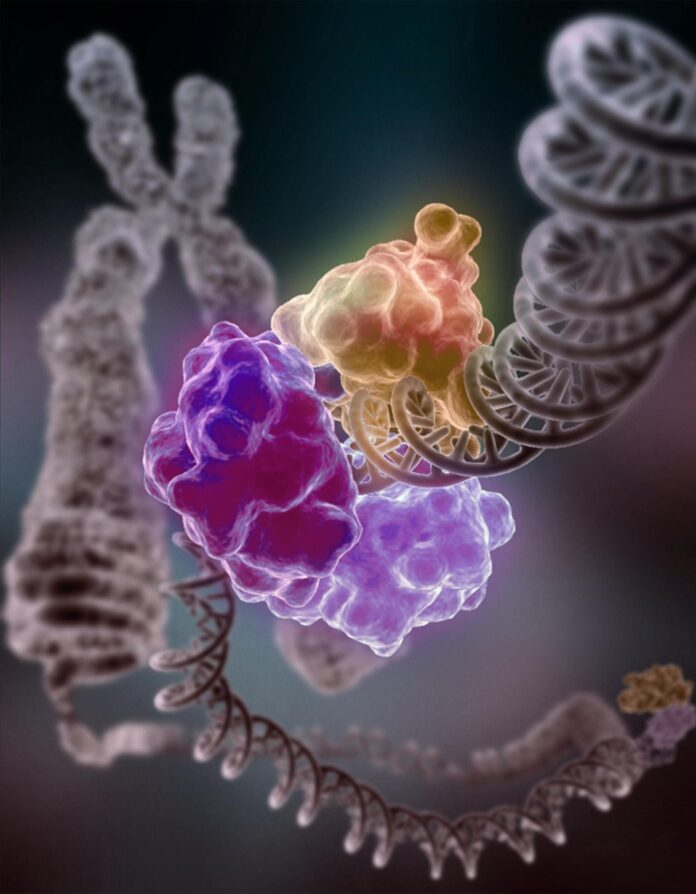Design2Data gives students research experience in genome-related projects
By ARYAMAN BHATIA — science@theaggie.org
A new first-year seminar program at UC Davis, Design2Data (D2D), provides undergraduate students with the opportunity to gain laboratory research experience related to enzymes and protein structures. The program is an extension of Chemistry, Biochemistry & Molecular Medicine Professor Justin Siegel’s lab at the UC Davis Genome Center. The program has been developed as a Course-Based Undergraduate Research Experience (CURE), forming part of a series of classes aimed at encouraging new undergraduates to engage in laboratory experiences.
The lab’s main subject matter is enzyme design. Ashley Vater, the program director, commented on the purpose of enzyme design in an interview with UC Davis Health.
“[The purpose of] enzyme design is to engineer enzymes to meet the needs that we have as humans in this world,” Vater said.
The program focuses on an enzyme design-build-test workflow, guiding students through a series of standard field experiments that they can then conduct independently.
“[At the lab, students] make mutations that they’re interested in and characterize those mutant enzymes, contributing to a nationally accessible database,” Vater said.
The program’s results are added to their D2D database. This allows the program to create a dataset that can be used as a tool in future projects.
“As this dataset expands, it will have applications for the RosettaCommons and other protein modeling communities as a benchmarking tool for improved enzyme design algorithms,” their database website reads. “The underlying scientific goal of D2D is to facilitate academic crowd-sourcing to rapidly address protein design questions that would normally take isolated labs decades to answer.”
Students who complete the course often earn a position at the Siegel Lab, where they gain further research experience. The Siegel Lab serves an average of 30 independent undergraduate researchers. These students start by working in the lab on the D2D project and then progress into enzyme engineering research projects, where they are mentored by graduate students.
The first-year seminar program at UC Davis represents a significant advancement in undergraduate education, providing students with vital laboratory research experience in enzyme design. This innovative program not only fosters academic growth but also empowers students to address critical scientific challenges, paving the way for future advancements in enzyme engineering and protein design.
“Large, high-resolution datasets are critical infrastructure for the future of protein design,” Vater said. “Better protein design capacities will be a game changer for tackling current human needs.”
Students can apply for this lab position by accessing Design2Data’s website.
Written by: Aryaman Bhatia— science@theaggie.org









